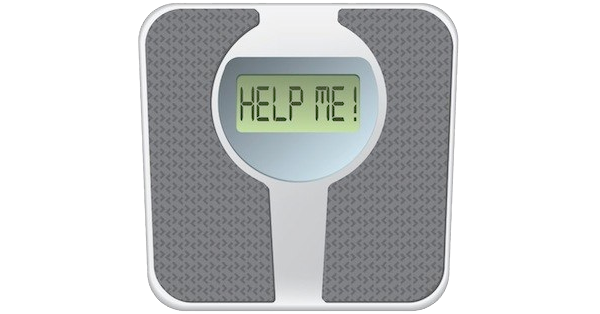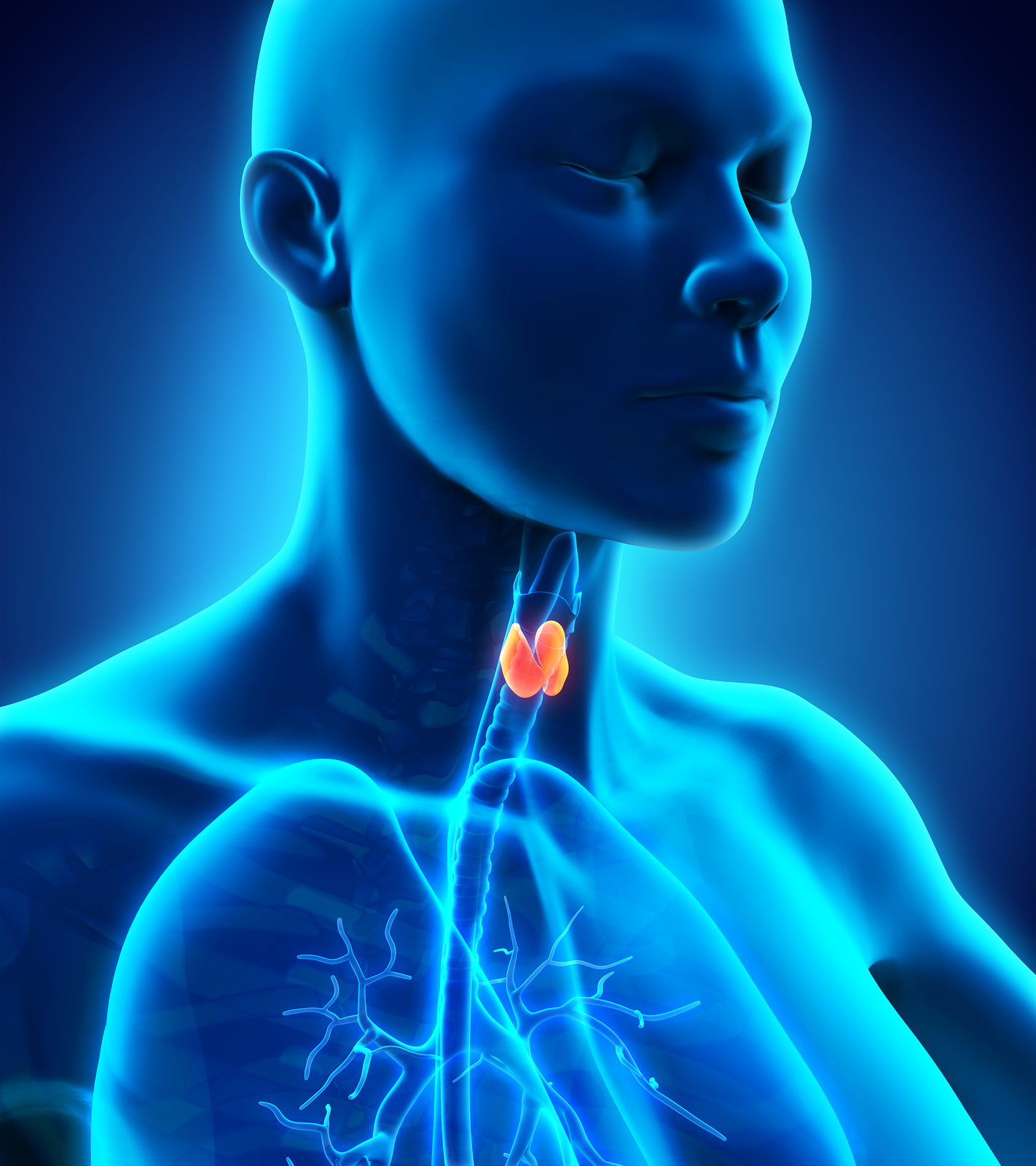“Why can’t I lose weight?” I frequently hear this question as a physician. “Eat less and exercise more” is what I used to say… “Weight is a math equation: calories in minus calories out equals net weight gain or weight loss”. Have you heard that from your physician? I would like to publicly now say “I’M SORRY” for trivializing the problems of the women to whom I have said that. It is so much more! The above equation doesn’t account for metabolism.
Metabolism is your body’s ability to create energy out of food. This is accomplished by the energy factories in your cells, called mitochondria. The key to a healthy weight is therefore healthy mitochondria. Energy is key. Energy is life force. Mitochondria make energy.
How do mitochondria affect weight loss?
In a perfect world, where your metabolism functions like a well-oiled machine, your body takes the food you eat and does two things:
1. Uses a portion immediately for energy production and
2. Briefly stores the excess as fat to be accessed as a source of energy between meals.
But what happens in people who have unhealthy mitochondria? The food cannot be converted to energy, therefore it gets perpetually stored as fat. The process creates a vicious cycle–your cells struggle for energy, so your brain tells you to eat more, and everything you eat gets immediately converted to fat, with no chance to give you energy. Yikes! In the midst of this mess well-meaning people tell you to exercise. How are you supposed to exercise when you have no energy?!
It’s actually much worse than that. Unhealthy mitochondria, while they are trying to make energy for you, actually release free radicals that cause inflammation. Then your cells, in the absence of well-functioning mitochondria, try to make energy on their own, through a process called gamma oxidation. This causes more inflammation for the cells and can limits their ability to function properly.
How to improve mitochondrial function
Don’t despair. There is hope. I believe the key to a healthy weight is having healthy mitochondria. What can you do to nourish your energy powerhouses, your mitochondria? Here are six very important things:
1. Eat healthy fats. Mitochondria prefer to use medium-chain triglycerides as fuel. These are found in coconut oil. Other healthy fats include avocados, extra-virgin olive oil, nuts, seeds, and wild fatty fish.
2. Eat colorful foods. The darker colored the better. These foods, like berries and dark green vegetables are rich in polyphenols, which are anti-oxidants that help mitochondria stay healthy.
3. Avoid sugar and processed foods. These foods cause inflammation, and inflammation damages mitochondria.
4. Protect your gut microbiome, the beneficial bacteria that live in your intestines. A healthy balance of good bacteria prevents accumulation of bad bacteria that release lipopolysaccharides, compounds which cause inflammation and damage mitochondria. A good probiotic will help, as will eating naturally-fermented foods. Check out this website on fermenting your own foods: www.nutritionaltherapy.com/taking-the-mystery-out-of-culturing-your-own-superfoods-by-caroline-barringer-ntp-chfs-fes/
5. Get high-quality sleep. Sleep is when the repair crew come in to take out the garbage from your cells, clean up the free radicals and squelch inflammation. Since inflammation damages mitochondria, (are you sensing a theme here?) this will help give you healthy mitochondria.
6. Eliminate toxins such as heavy metals and organic pollutants from your cells. These things poison the mitochondria. You may need to have special testing to identify if you are harboring these poisons. The testing is simple and involves blood and urine tests through functional medicine laboratories.
You may need to work with a functional medicine provider if you have difficulties with sleep or intestinal issues. The goal is to identify the underlying causes of inflammation that cause these symptoms. Improving mitochondrial function will help restore your energy balance. Weight loss is a goal for many people, but it is so much more than that–if you have energy balance, you will most likely be at a healthy weight. Follow your path to reclaim the vitality you were meant to have!






